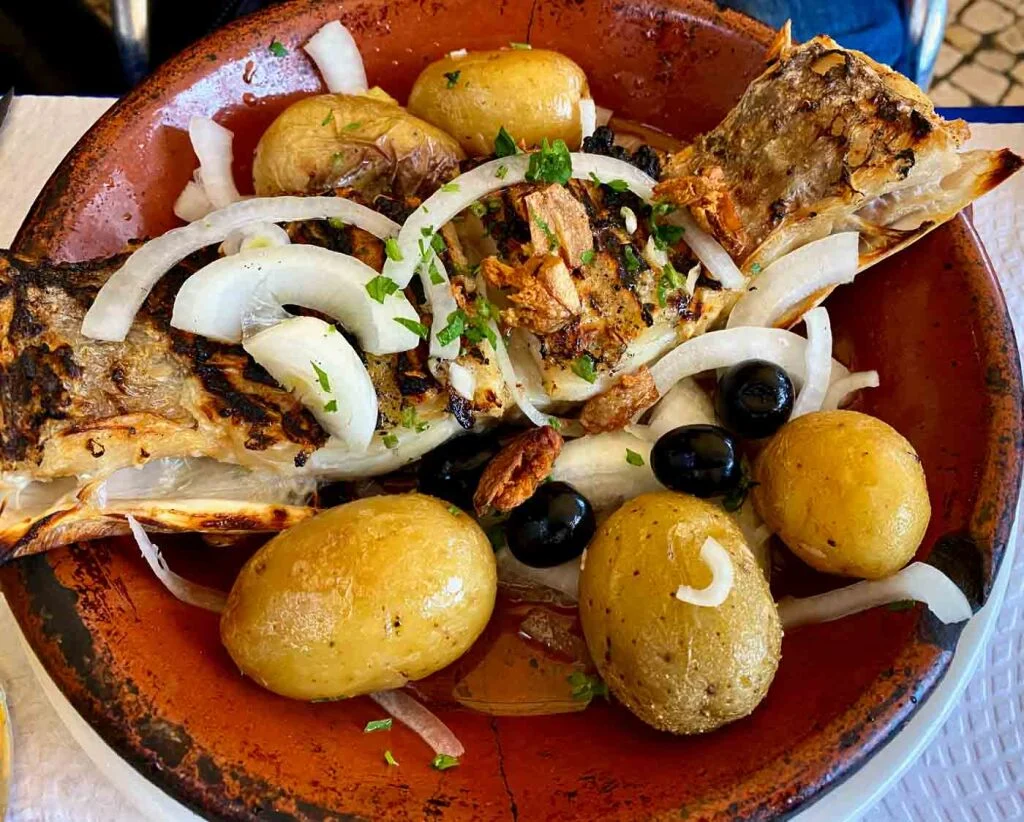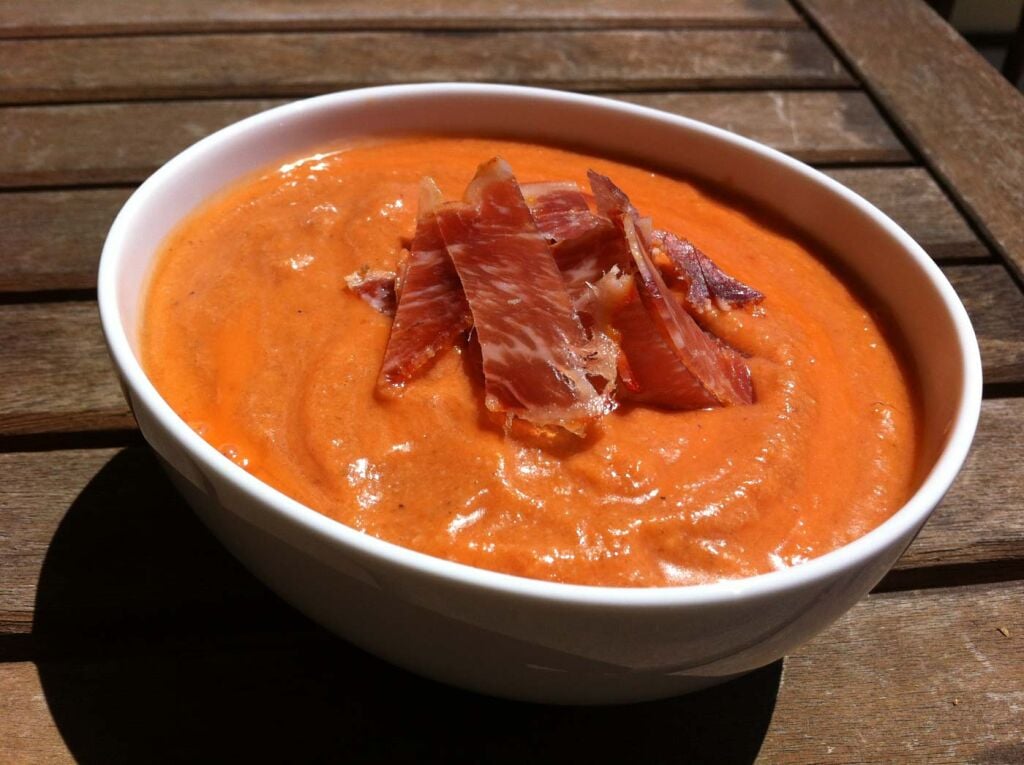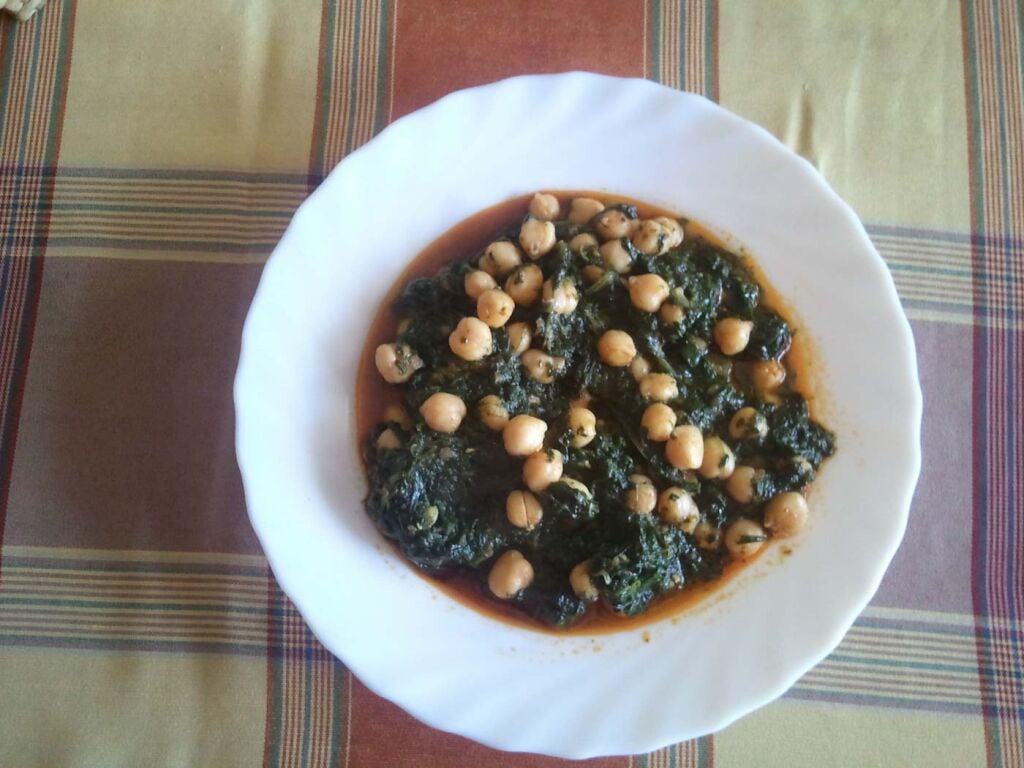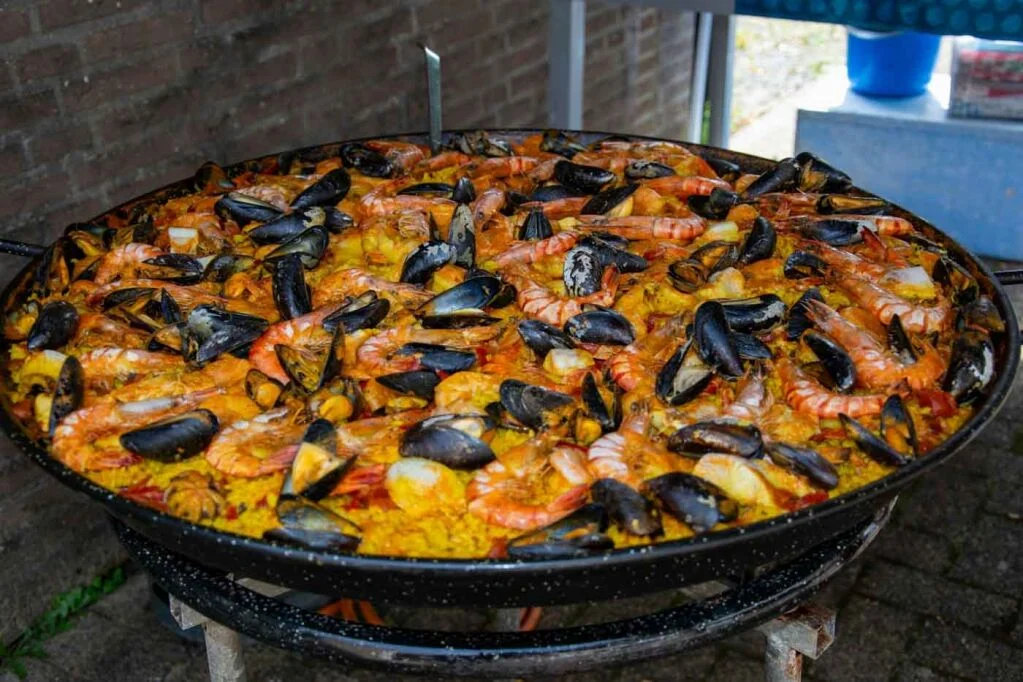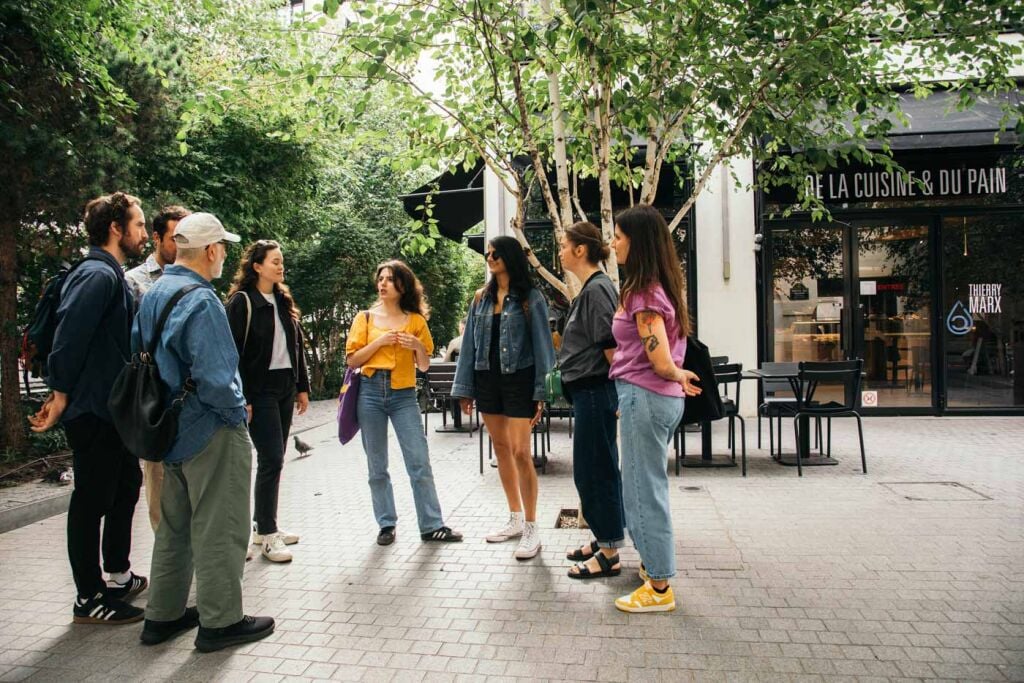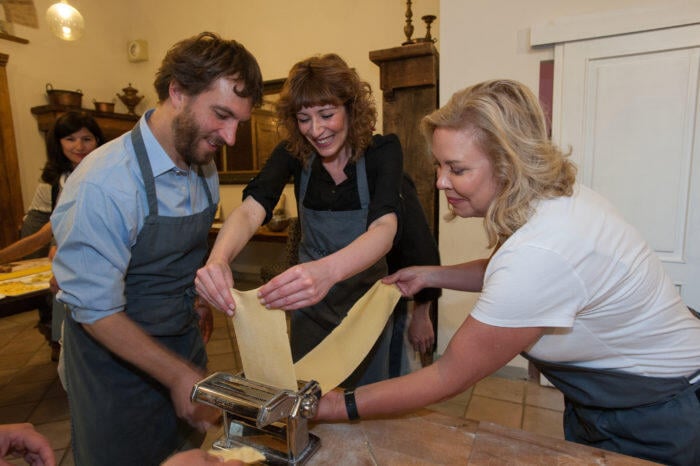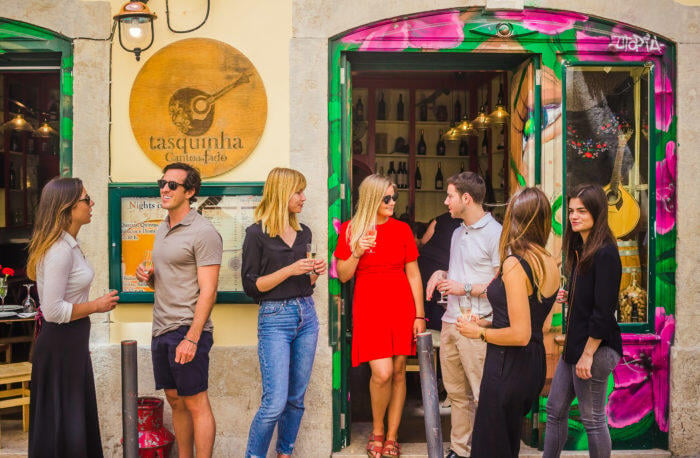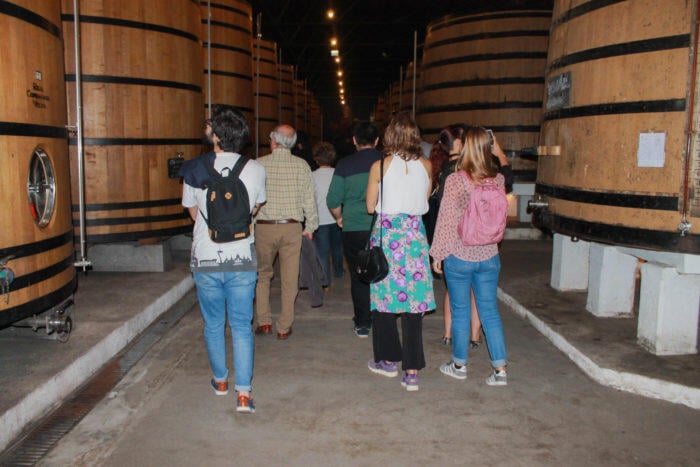All of our tours not only feed you the best each city has to offer but also immerse you in the local culture, authentic street life and history.
Bacalhau Porto: The Ultimate Guide to Portugal’s Most Beloved Cod Dish
Bacalhau is the quintessential salt cod dish of Portugal. Deeply rooted tradition, you’ll find it on the menu in rustic neighborhood tascas, everyday cafes, ...
Blog Posts
Seville Food: A Complete Guide
For foodies, Seville is a culinary treasure trove where centuries of Moorish, Mediterranean, and Spanish influences combine to create a vibrant, flavorful cu...
Seville Tapas: A Complete Guide
Seville is the historical birthplace of tapas, where small plates are more than just something tasty to eat. They’re an integral part of the Andalusian way o...
Breakfast in Seville: Best Local Spots to Start Your Day
In Seville, breakfast is a daily ritual woven into the fabric of local life. Unlike the grab-and-go culture many travelers are used to, mornings here unfold ...
Best Churros in Seville: A Complete Guide
In Seville churros aren’t just a dessert snack, they’re a part of the culinary culture, a staple breakfast item, and even a beloved evening snack. These aren...
Best Paella in Seville: A Complete Guide
The Andalusian spin on paella in Seville makes it distinctly different from paella in Valencia, yet both versions share many similar touchstone ingredients. ...
Best Restaurants in Seville: A Complete Guide
Seville’s vibrant culinary scene is literally a feast for the senses. The best restaurants in Seville blend centuries-old Andalusian tradition with bold, mod...
Thierry Marx Bakery Review: A Fusion of Tradition and Innovation in Parisian Baking
In a city where every corner boasts a boulangerie, finding one with a touch of culinary prestige can still feel like a discovery. Thierry Marx Bakery stands ...
Ryst Dupeyron Review: A Journey Through Time in Parisian Wine Culture
In a city overflowing with wine shops, Ryst Dupeyron stands out not by grandeur, but by heritage. Operating since 1905 and still family-owned, this intimate ...
